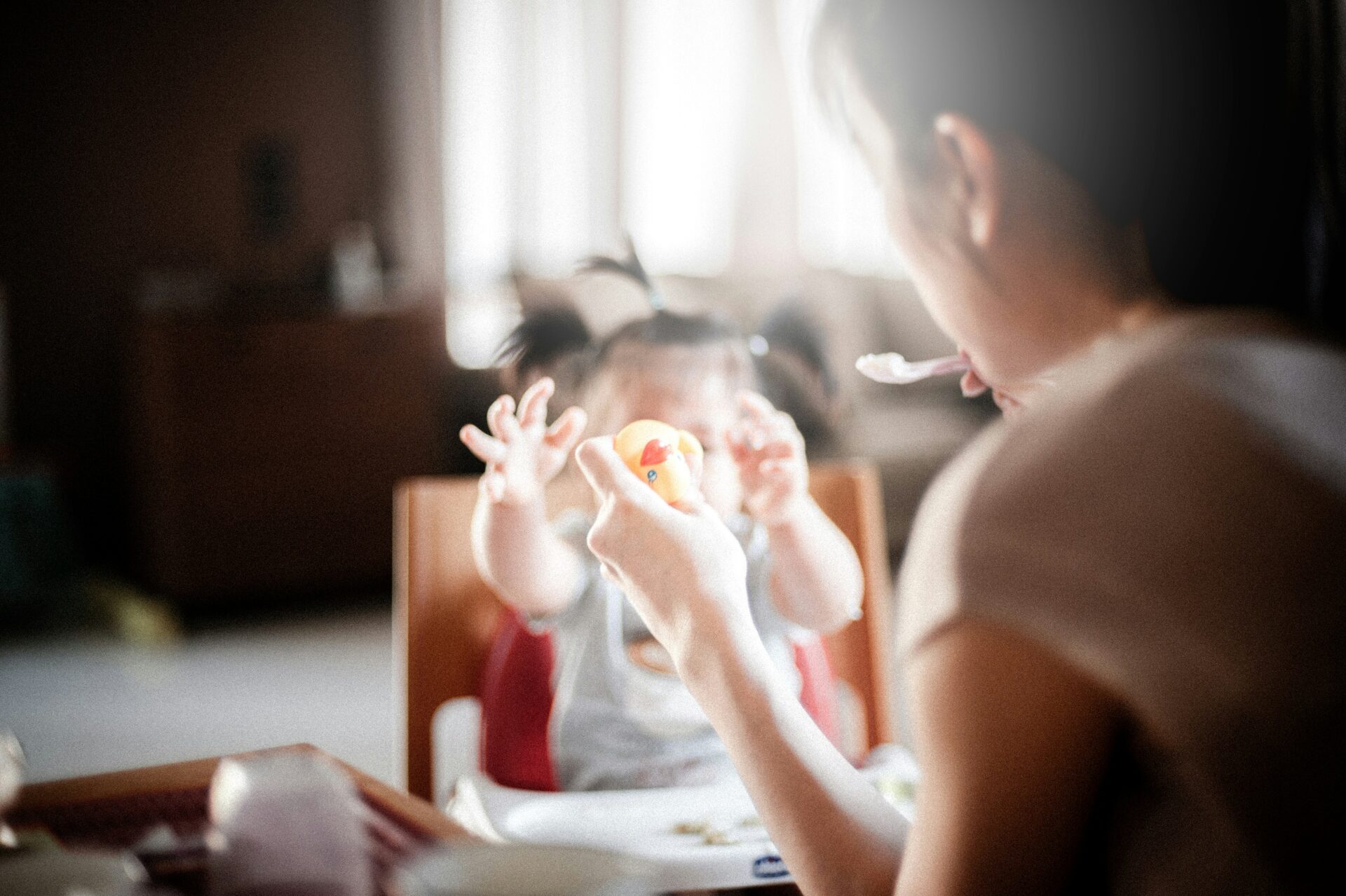
Have you ever noticed how your child seems calmer with a structured routine? Young children thrive when they know what to expect.
Whether it’s a nightly bedtime story or a snack after play, routines help children feel grounded and ready to grow. When we provide structure, we’re setting the foundation for emotional, cognitive and physical development—while also giving children the space to explore, learn and grow at their own pace.
In this blog, we’ll explore how schedules support early childhood development and offer tips on how to build simple, effective routines at home and in the classroom.
Why do routines matter?
For young children, consistency is more than a comfort—its are a gift that helps them feel secure, confident and ready to take on the world. This predictability builds a sense of well-being and supports children’s growth in many ways.
- Emotional Security and Trust
Routines provide a sense of security, which is crucial for a child’s emotional well-being. When children know what to expect, they can focus on their activities without feeling overwhelmed. It also builds trust with caregivers, as children rely on this stability to feel safe.
- Cognitive Development and Learning
Routines help develop cognitive skills such as memory, attention and problem-solving. When children engage in regular activities like singing songs, cleaning up after playtime or following a structured schedule, they begin to understand concepts like time, sequence and cause-and-effect.
By incorporating STEAM learning into daily activities, children also practice critical thinking and develop a deeper understanding of the world. Consistent routines allow children to engage in activities that foster creativity, scientific inquiry and hands-on learning, which build a foundation for lifelong learning.
- Building Independence and Self-Regulation
As they follow steps in familiar activities, they gain the confidence to complete tasks on their own. Learning to wait for their turn or clean up after playtime are small but important steps toward greater independence.
Routines also teach children patience. Understanding that certain things take time, such as waiting for snack time or winding down for a nap, helps children learn how to manage their emotions and adjust to the pace of daily life. These social skills are vital to a successful transition to kindergarten.
- Social Skills and Positive Relationships
Engaging in scheduled activities with peers helps children develop social skills. Routines offer structured opportunities for children to interact, share, take turns and collaborate. Whether it’s waiting for snack time or working on a group project, children practice important social skills like empathy, communication, cooperation and making friends.
At Children’s Discovery Center, we foster social development through class-led group activities. These interactions help children feel confident in their relationships and learn how to work together as part of a community.
- Physical Development and Building Healthy Habits
Routines also play a significant role in your child’s physical development. Day-to-day structure, like regular meal times, naps and outdoor play, help children develop healthy habits that promote physical well-being.
Regular physical activity is essential for building strength, coordination and motor skills. It also ensures that children get the appropriate rest they need to recharge and continue growing. By maintaining a healthy routine that includes exercise, healthy eating and adequate rest, children are more likely to develop positive habits that will last a lifetime.
Tips for Developing a Routine for Your Child
As parents and caregivers, you have the opportunity to foster your child’s development by creating routines that support their growth. Here are a few simple tips to help establish healthy patterns at home:
- Set Wake-Up and Bedtime Times: Regular sleep schedules help regulate your child’s sleep patterns and create a sense of security. A calming bedtime routine can make the transition to sleep smoother.
- Build in Time for Meals and Snacks: Set mealtimes promote healthy eating habits and offer predictability. Involve your child in meal prep or setting the table to help them feel included.
- Create Play and Learning Time: Balance structured activities (like reading or puzzles) with unstructured playtime. Use visual schedules to help your child know when it’s time to play, learn or rest.
With patience and consistency, you’ll help your child develop a lifestyle that nurtures their emotional, cognitive and physical growth, setting them up for success.
Make Discoveries Part of Your Child’s Daily Routine
Treat your child to a lifetime of growth and learning! From infant care and preschool to kindergarten Discovery School, our early childhood educators are ready to help your family succeed. Contact us today to schedule a visit to one of our five Toledo-area childcare centers.
 419-867-8570
419-867-8570